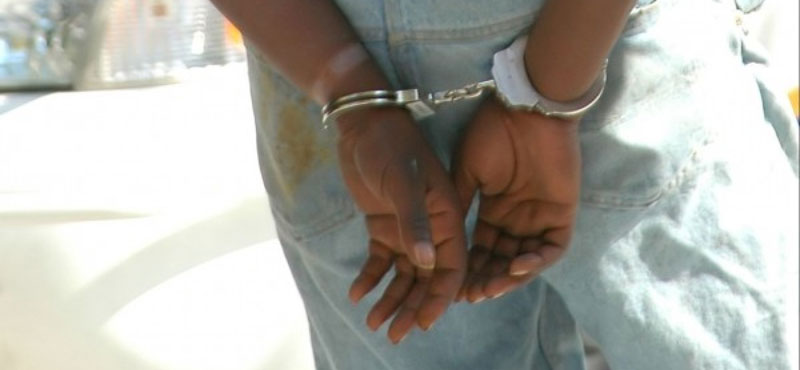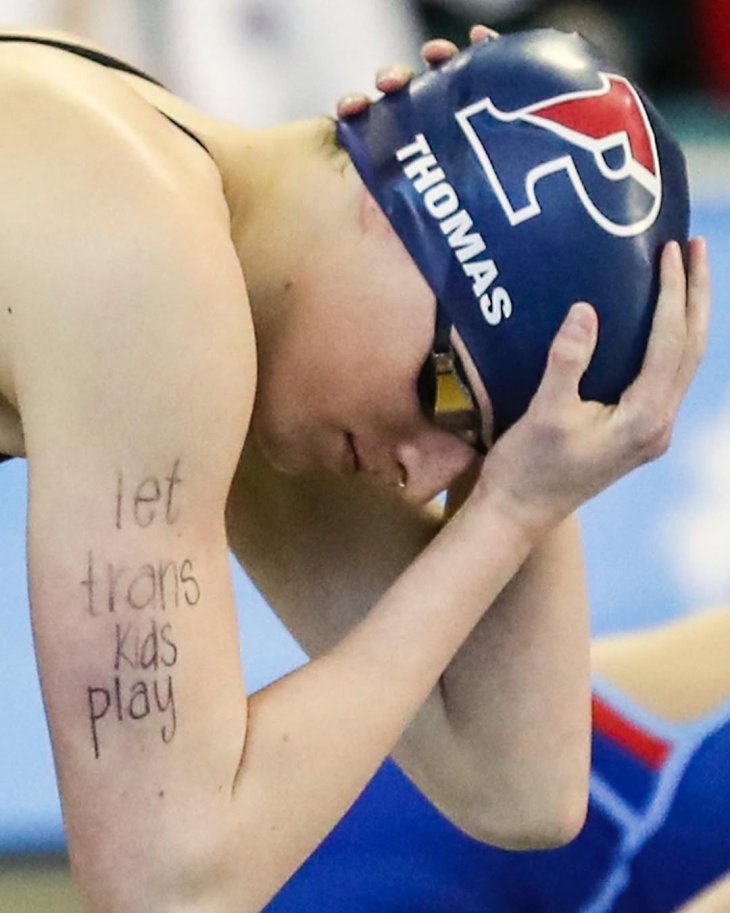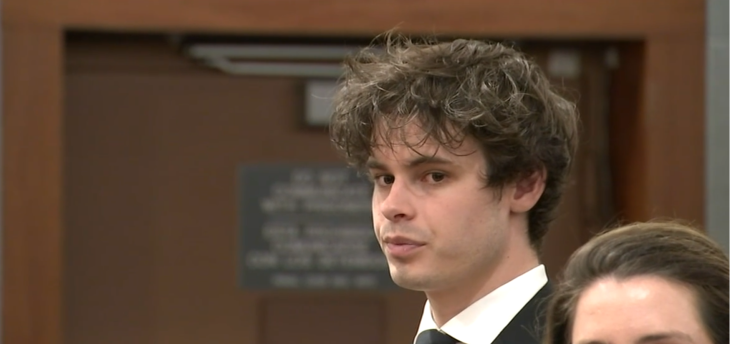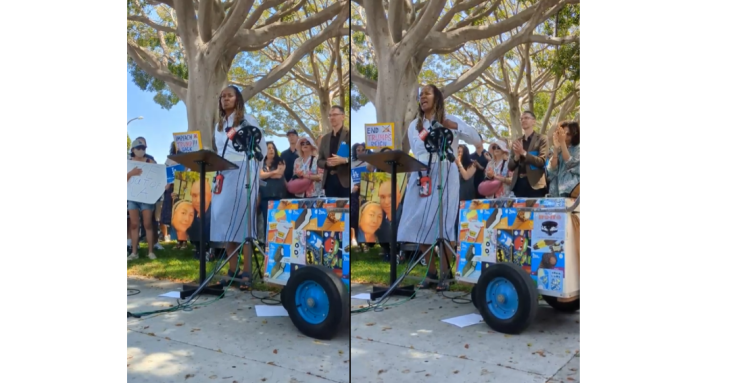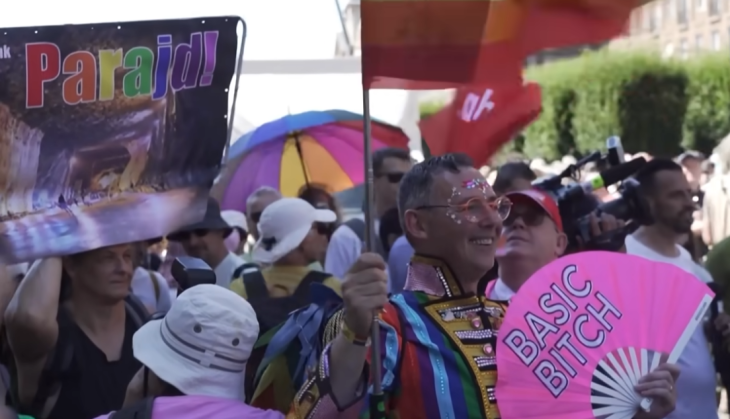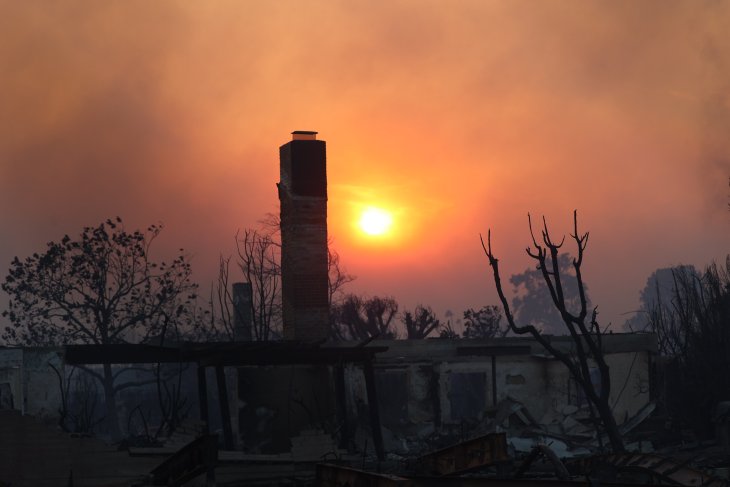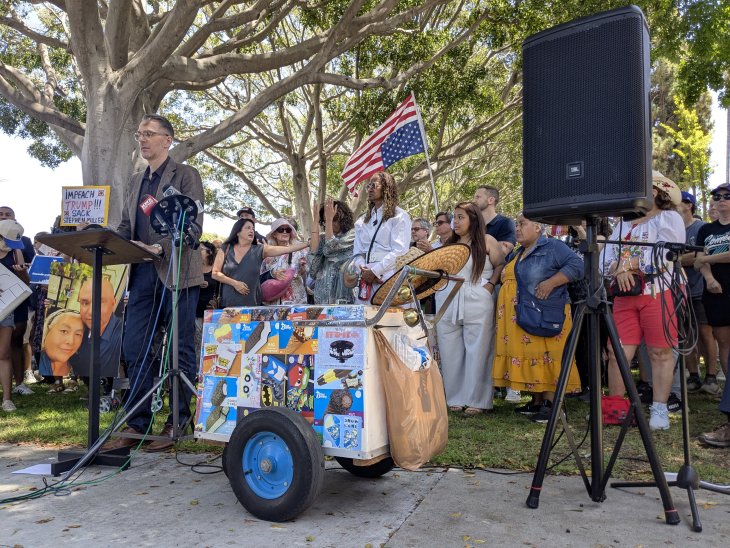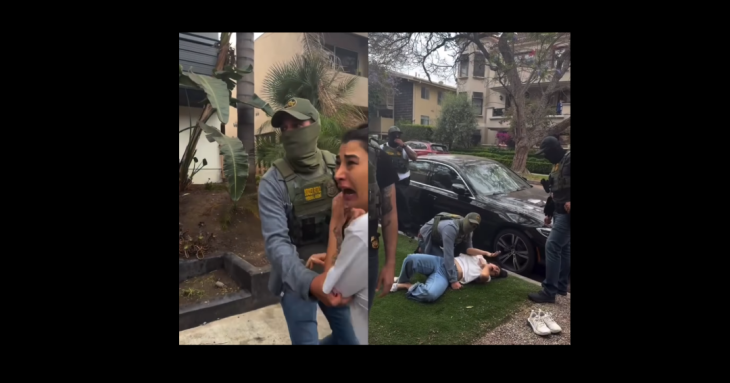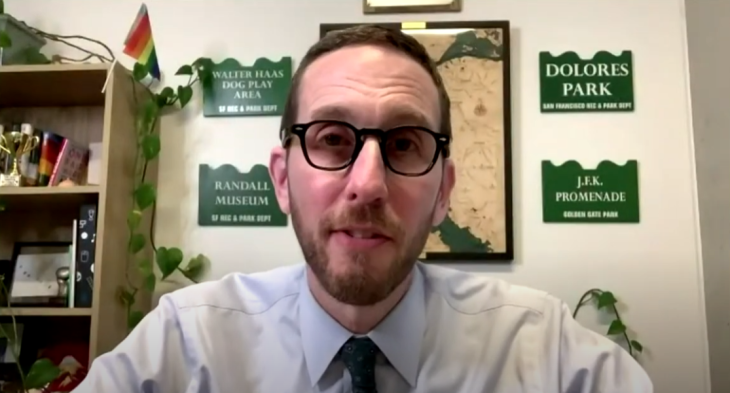
BY AMIRA HASENBUSH & AYAKO MIYASHITA | In the current political climate, it’s almost impossible not to think about the criminal justice system – whether it protects and serves, how it helps or harms our communities, and whether justice is being delivered equitably and fairly. These conversations lead to examination of every step of the system – stop and frisk, arrests to convictions, sentencing and re-entry. But what do you do when laws have the specific and stated purpose to target a specific population? In California, there are four such laws that apply to people living with HIV (PLWH). These laws criminalize otherwise legal conduct or increase penalties for criminal offenses based on a person’s HIV-positive status. There has been a growing consensus that laws that single out HIV and treat HIV differently from other communicable diseases add to the already heavy burden of stigma that HIV carries.
HIV criminalization rates both in California and nationally may be much higher than currently estimated, according to data that the Williams Institute obtained from the California Department of Justice. California is generally known as a state that rarely utilizes its HIV criminal laws, and previous estimates identified only a handful of individuals coming into contact with the criminal justice system on the basis of their HIV-positive status. It came as a big surprise when we found that 800 people had been involved in 1,263 HIV-related criminal incidents from the time these laws were passed in 1988 through June 2014.
Across the state, Los Angeles was the largest enforcer of HIV-related criminal laws: 48 percent of HIV-specific criminal incidents occurred in Los Angeles County, while only 37 percent of PLWH in California have lived in the county. Throughout California, 95 percent of those HIV-related criminal incidents were under a state law that makes it a felony to solicit for sex work while HIV-positive – a statute that does not require intent to transmit HIV, actual transmission or even exposure to HIV in order to prosecute. Nearly every incident that led to HIV-specific criminal charges – 389 out of 390 incidents – ended in conviction, and 91 percent of those convicted were sent to prison or jail for an average of over two years.
The biggest revelation was the prosecution rates under these laws. Across all HIV-related crimes, white men were significantly more likely to be released and not charged whereas black men, black women and white women were significantly less likely to be released and not charged.
These disparities were even starker among individuals assumed to be engaged in sex work under the solicitation while HIV-positive statute. White men were not charged in 70 percent of cases, while all others were not charged in 42 percent of cases.
When we talk about these figures, we are talking about people. Criminalization in any form can change the course of a person’s life. But the application of HIV criminal laws is yet another additional burden placed upon individuals living with HIV. To the degree that these data suggest an unequal application of justice, we must ask ourselves – are these laws fair or are they merely steeped in fear? Do they protect and serve, help or harm our communities? Is justice being delivered here? Our research does not provide us with all the answers to these questions. But we can say that just like the rest of the criminal justice system, under HIV criminalization laws, certain communities bear more weight of the penal code than others.
— Amira Hasenbush is the Jim Kepner Law and Policy Fellow and Ayako Miyashita is the Brian Belt HIV Law & Policy Fellow at the Williams Institute at UCLA School of Law.

